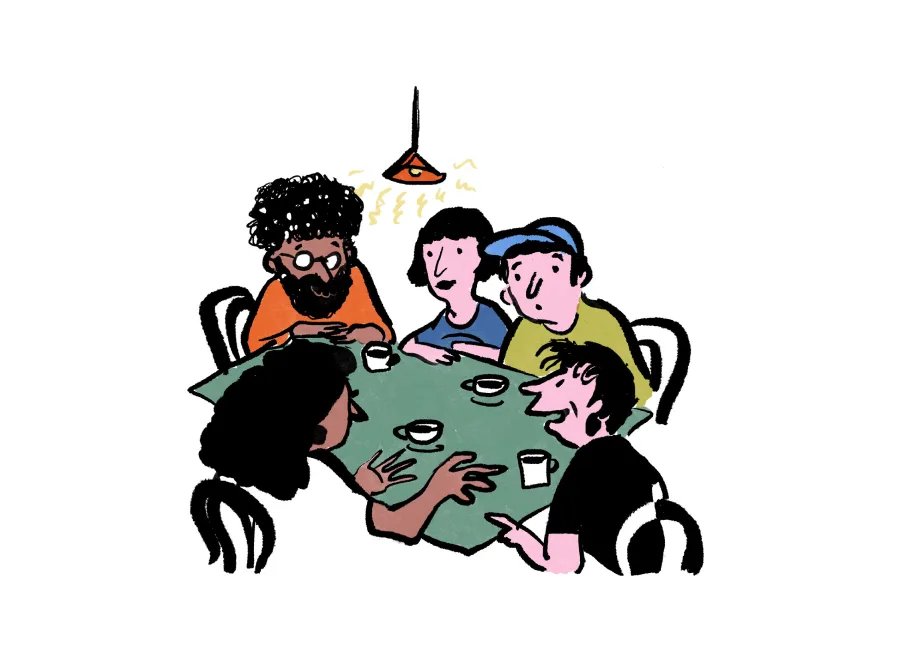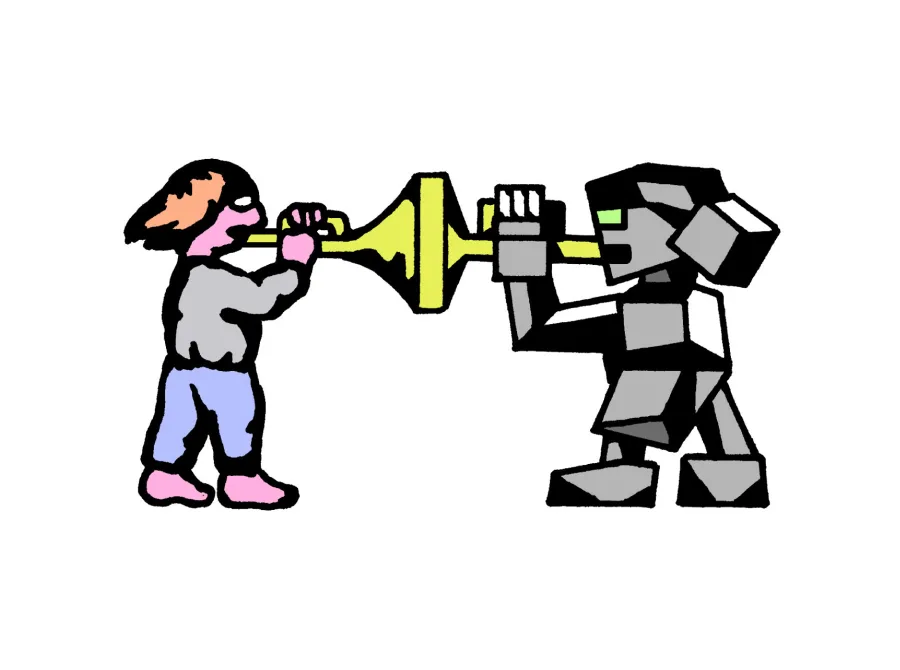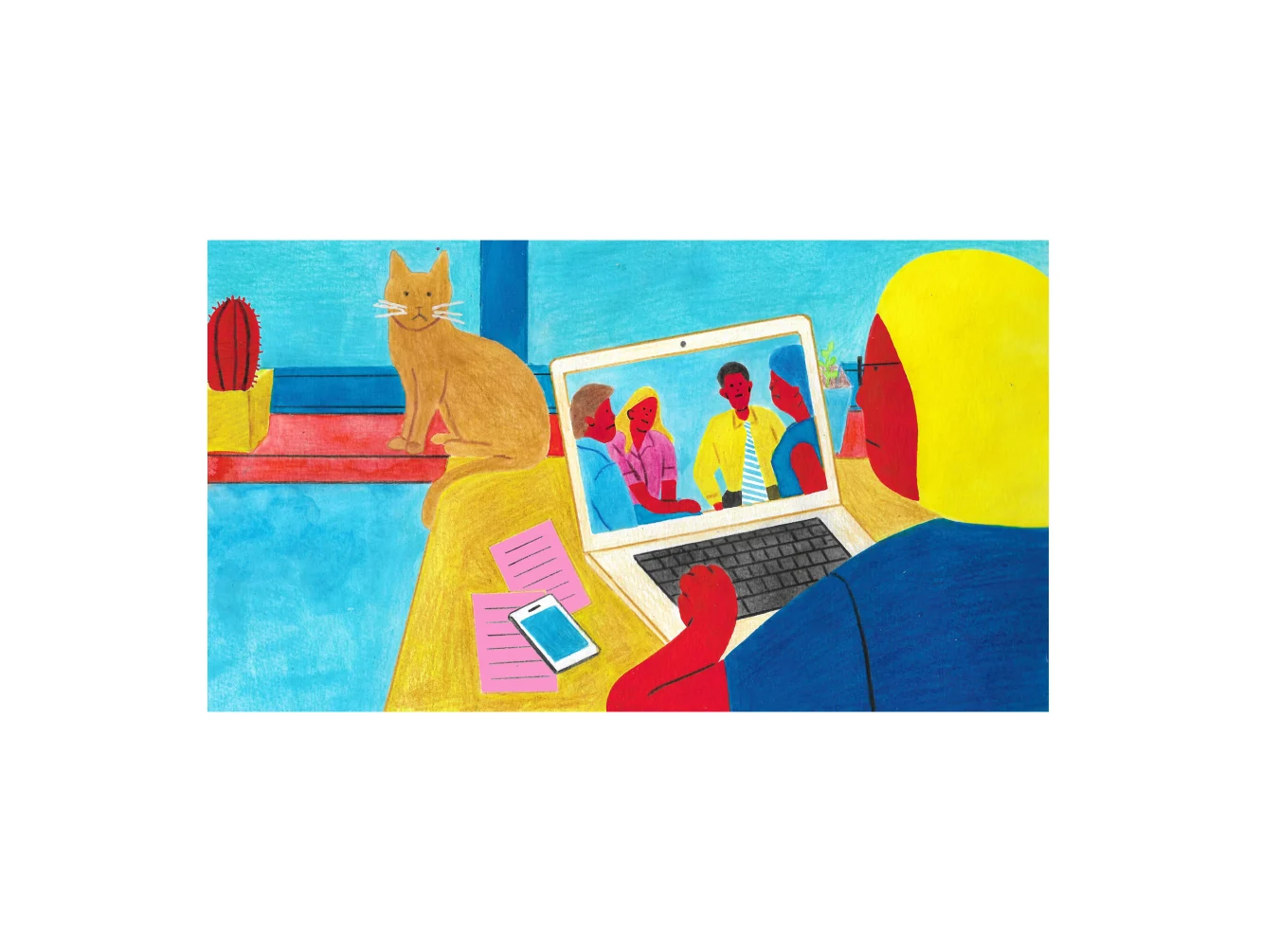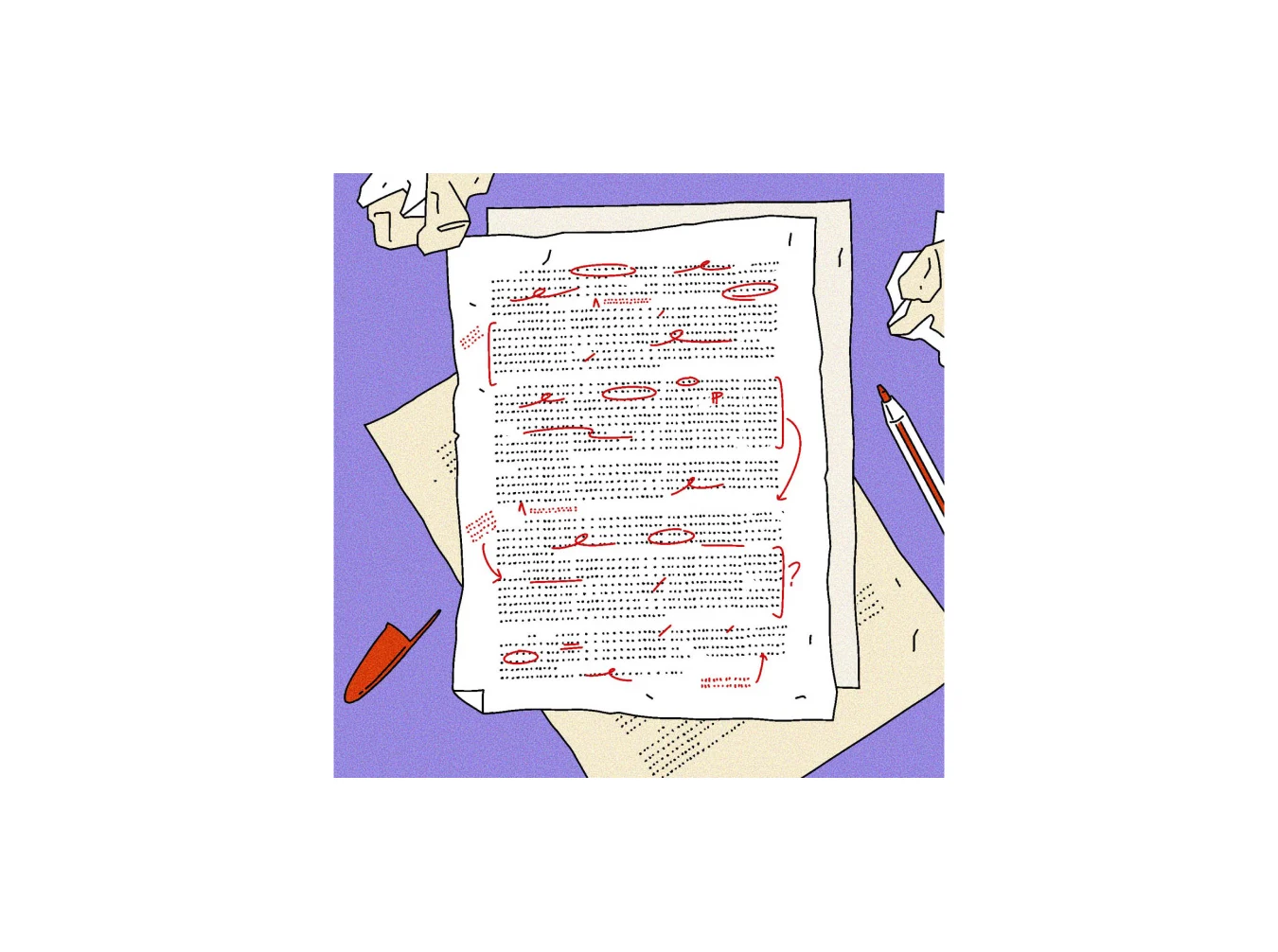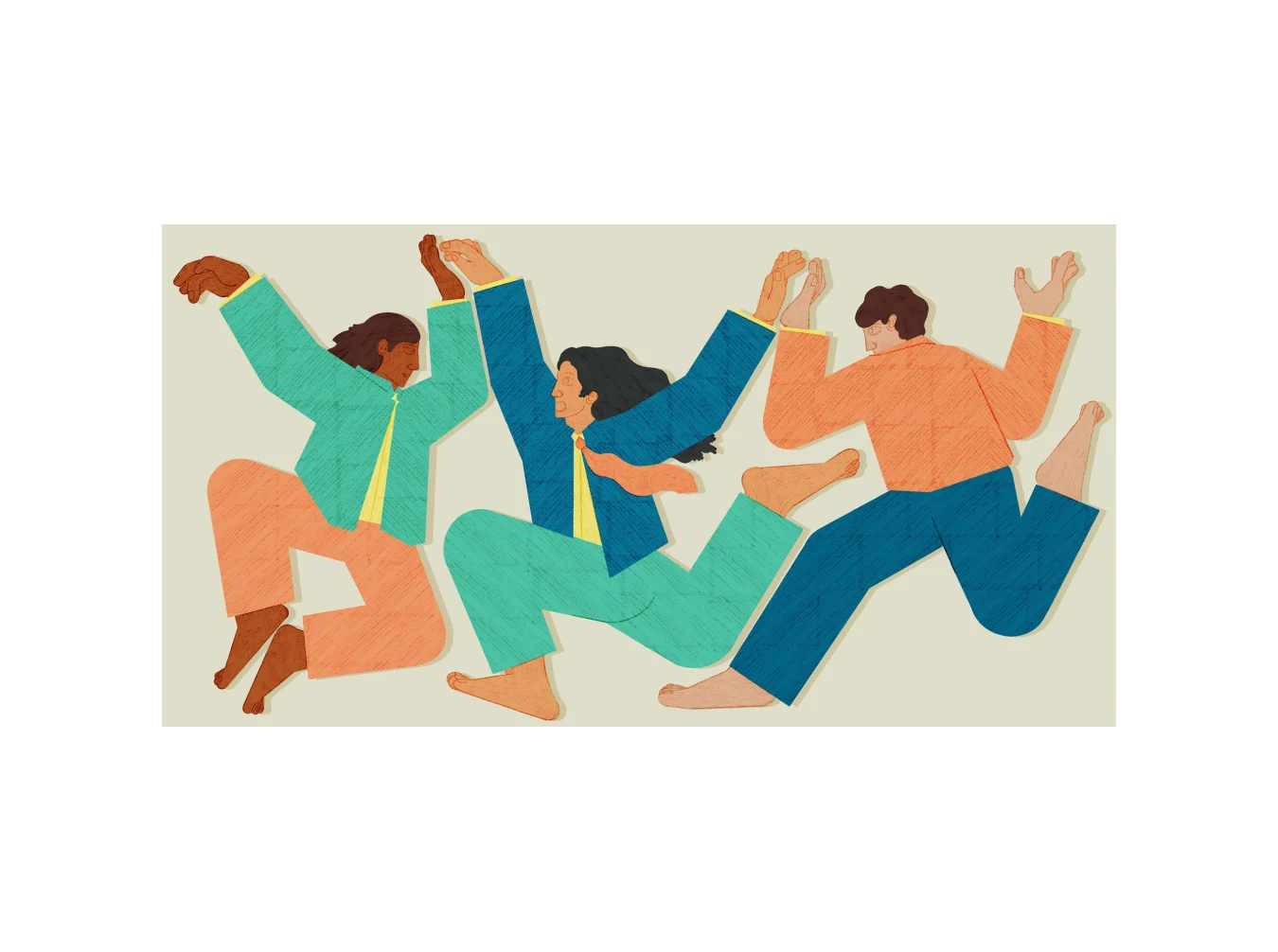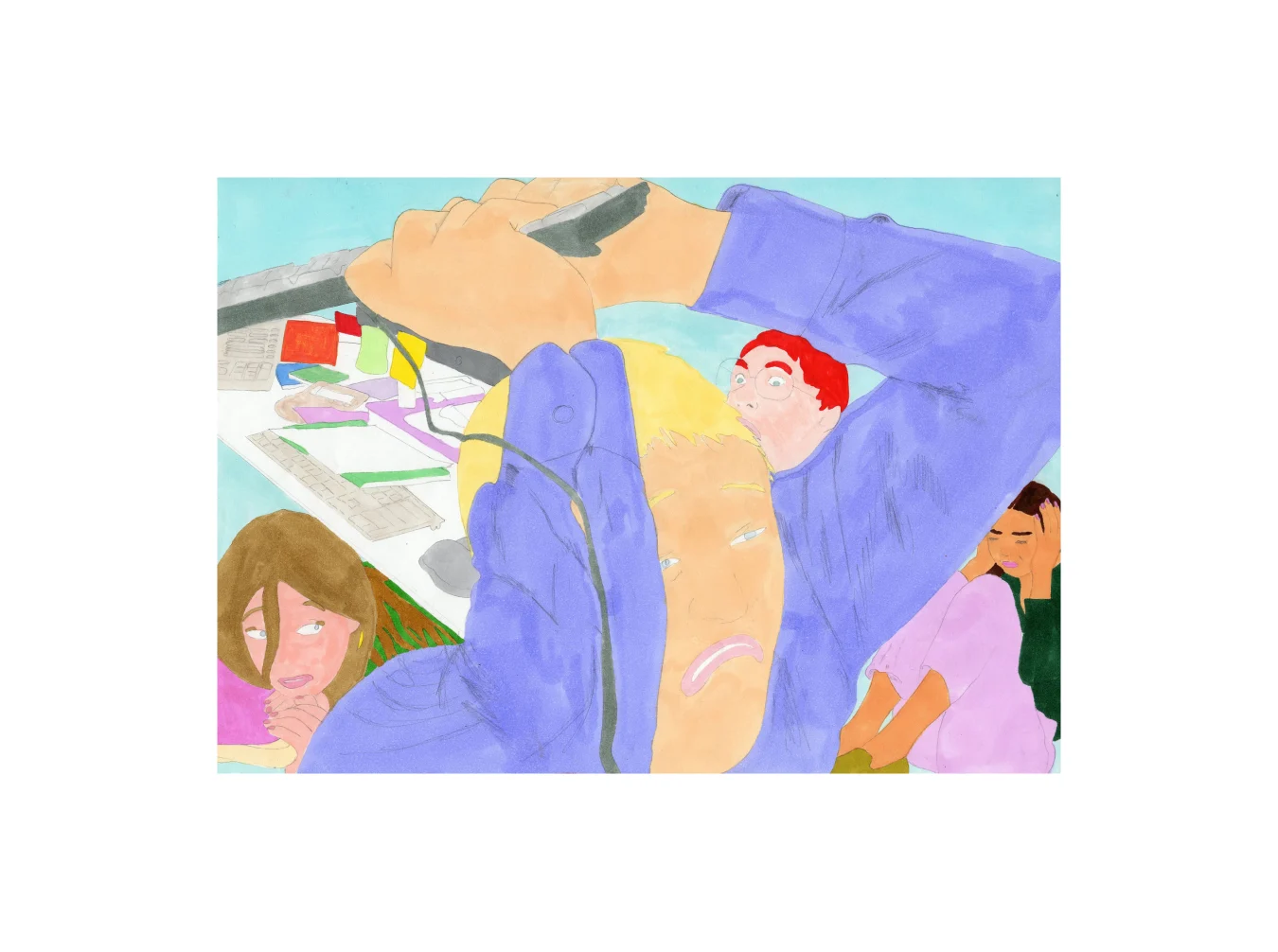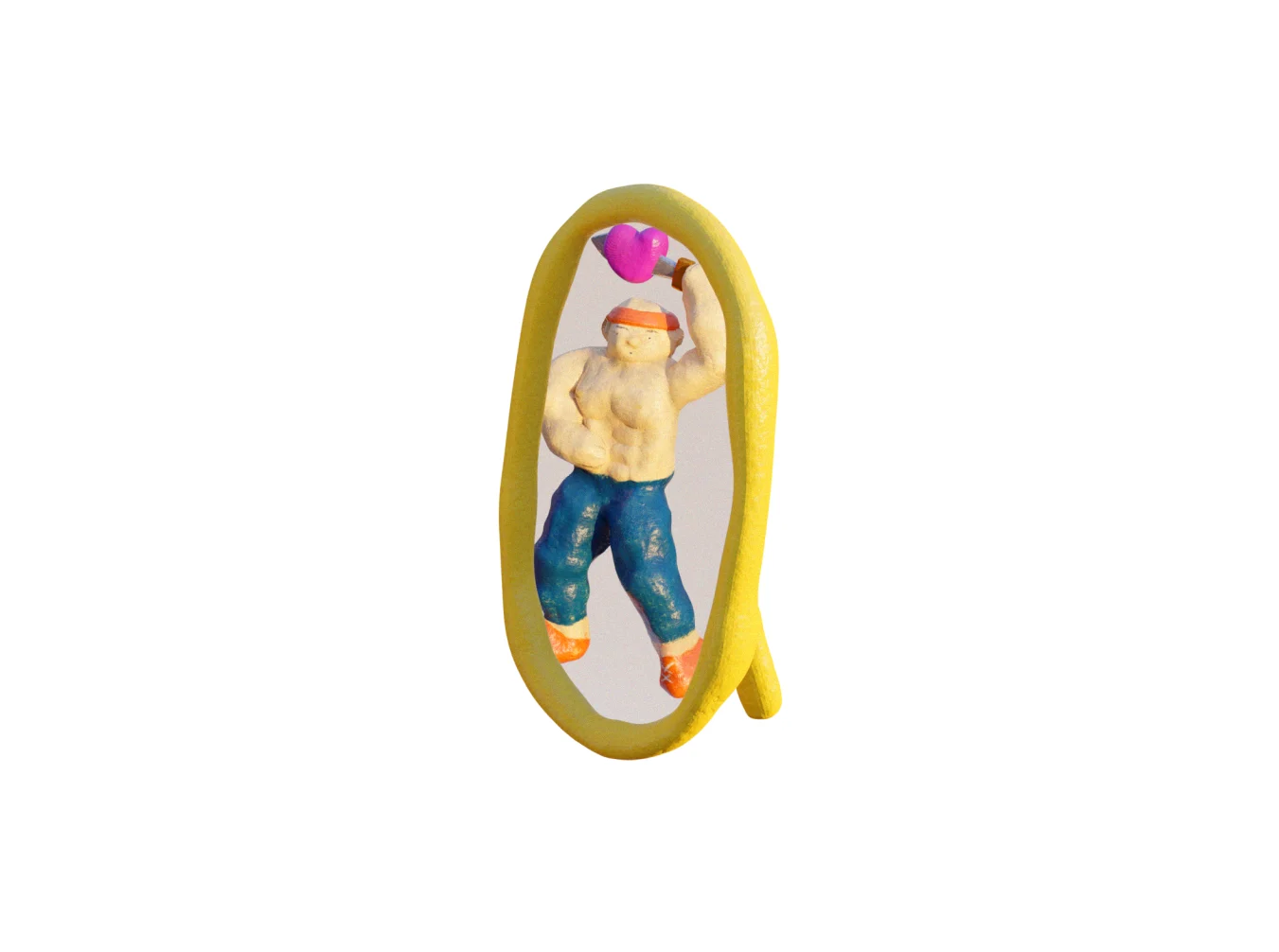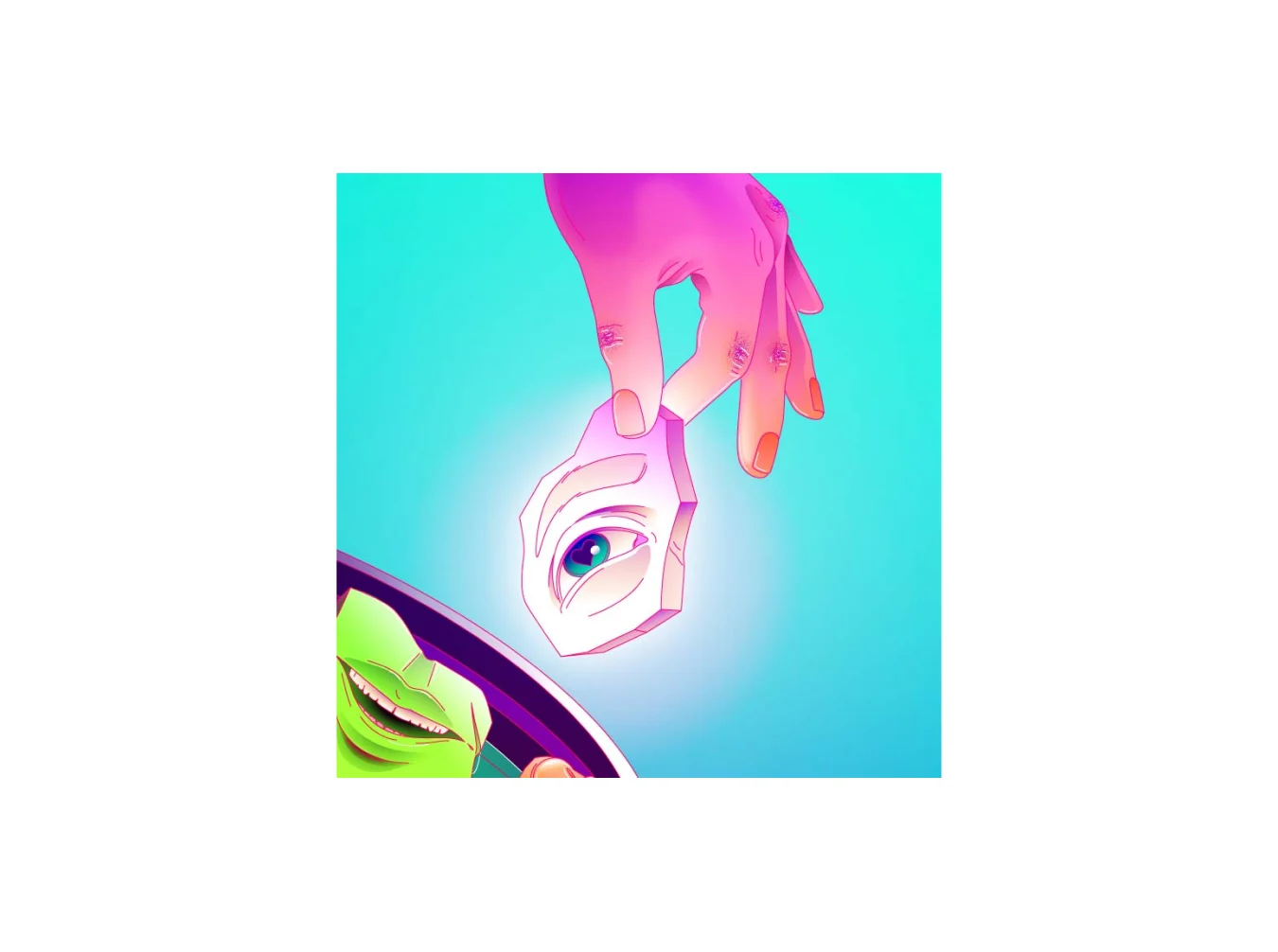

The question of whether or not to get an agent is a huge part of evolving as a creative freelancer. Some artists are against having an agent, while some quite simply couldn’t live and work without one. Here, James Cartwright explores the pros and cons of artistic representation, and speaks to a few agents to find out what it is they do and how they work.
Illustrations by María Medem.
I graduated from an illustration degree in July 2011 with about £15,000 worth of student debt and not much in the way of job prospects. I wasn’t aware of that at the time. As I saw it, I had a pretty good portfolio, several internships under my belt and, crucially, had organized a massive graduate show for my year group, so was probably going to get some (maybe even a lot of) work pretty soon.
Together with a small crew of course mates we’d held a week-long exhibition in a giant warehouse space in London’s east end, secured drinks sponsorship for the private view and invited industry press, agents and commissioning art directors from advertizing agencies down to check out our work. We screened films, ran workshops on printmaking and prop design and had a small publishing fair for anyone who wanted to get involved. It was (I say this with some bias) really, really great.
As a result of this towering success of an event, quite a few of us got picked up for features on websites like Creative Review and It’s Nice That. One or two of us (not me) got commissions for actual fee-paying clients. Every one of us got killer hangovers from our poor choice of alcohol sponsorship. And then it was all over. That was it. Three years of study, two months of furious planning, one week of exhibiting only for the void that follows a lifetime of education to open up and swallow me whole. Nobody called. Nobody emailed. Nobody wanted to commission me.
And in the sea of nothingness that swirled around me during the longest and most anxious summer of my life I wondered if perhaps I should think about getting an agent. An agent would tell me what to do; would pull me up by the boot-straps and push me out there into the world of work, all the while ensuring that I was safely sheltered by their caring, professional embrace. An agent would talk me through the business of being an illustrator and introduce me to a network of clients that I just didn’t yet know existed. An agent would do all the things I didn’t have the skills to do and make my dream of being an illustrator a bona fide reality.
Nope. No. Wrong.
Perversely, if you want to make a particular type of work then it needs to exist in your portfolio already.

With hindsight I’m embarrassed at my naivety. No agent would have touched me. No agent did touch me. For starters I hadn’t managed to persuade anyone to pay me money for my skills – a big red flag for an agent. I had no idea what kind of work I wanted to make and for whom, or if I even really wanted to be an illustrator at all. (The fact that you’re reading my words instead of looking at my pictures should make clear the conclusion I arrived at later). I was just a clueless graduate, and according to Lou Bones, an illustration and animation agent at Jelly London, clueless graduates are 10 a penny.
That’s not the fault of graduates so much as a failing of the education system to prepare students for the first few years of work. If you want to be a freelance photographer, writer, illustrator, or any other flavor of creative profession, then graduation marks the start of a strange limbo land where “you’re good at the thing you’re good at, but you don’t have the skill to make money from it yet,” says Lou. (If that’s the stage you’re currently at, then you should probably have a read of some of the other Stuff They Don’t Tell You pieces we’ve published previously on the subject). Unfortunately, for most of us, this is just an unavoidable and awkward stage of working life that has to be endured.
But don’t lose heart. After a few wilderness years, when things are starting to go well for you, you may find yourself becoming an interesting morsel for an agent.
Agents don‘t represent you just for the love of the art, although Lou assures me she will literally give her artists the shirt off her back if push comes to shove.
“Usually I’ll be sniffing around people who are a few years into doing their own thing,” says Lou. “Things are going pretty good – they’ve got some nice projects under their belt for some nice clients – but they’ve reached a point where things could go amazingly for them and instead things have plateaued a bit. Perhaps now they’re feeling a little burned out and then BOOM, I swoop in.”
Why now? Because they want you a little more fully formed, a little less wet behind the ears than when you first leave university. They need to know that if they invest in you, you’ll commit to them and meet deadlines, deliver your best work and get things done professionally. It’s a business relationship after all. If you’ve done it all on your own, you’ll see the value that they bring to the table.
“All of the things we do for our artists – like negotiating contracts and fees, sorting out licenses and project management, and chasing debt and invoices – you should understand and know that if you need to do them, you can do them yourself,” says Jon Cockley of agencies Handsome Frank and Hancock and Handsome. “Then, if you ever have an agent, you can appreciate what they’re doing and know how time-consuming it all is.”
If you are approached by an agent at this stage, then there may be some hard decisions to make. Do you keep doing all the hard work you’ve been doing for yourself all these years – the client chasing, invoice raising, fee negotiating, expenses paying – or do you hand it over to someone else and focus on your beautiful art? Sounds like an easy choice, but I’ll be the first to admit that I’ve come to enjoy doing my own paperwork. Raising an invoice for a job well done can provide just the jolt of serotonin I need at the end of a tiring month. Then again, you may detest admin with every fibre of your being.
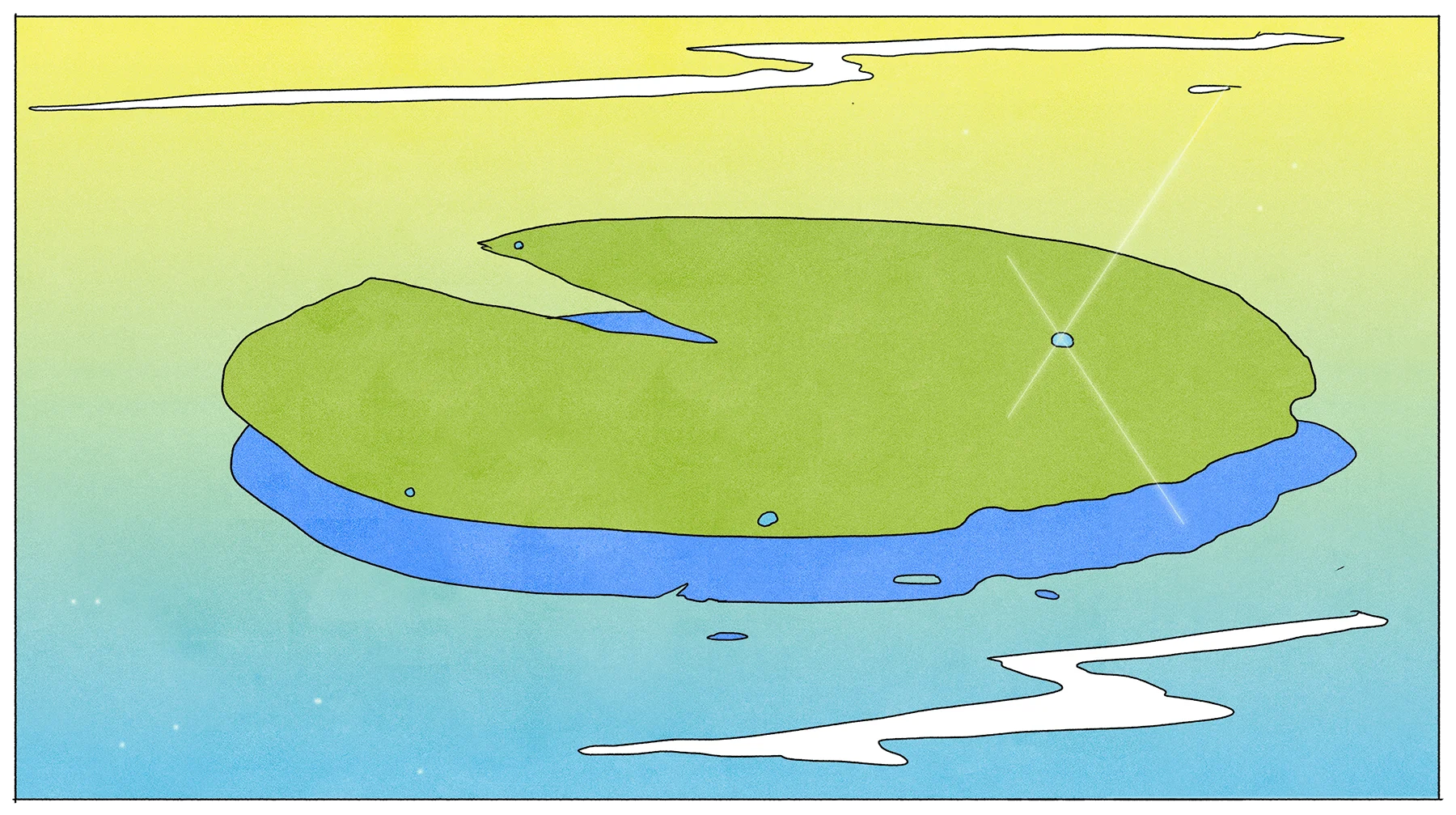
“It all depends on the artist's desire to be involved in both aspects of business and creative,” says Jennifer Gonzalez, co-founder and business director of New York’s Hugo & Marie. “If you like numbers, negotiating, and navigating difficult conversations with people, and you have a tolerance for the administrative aspects in addition to doing the work, then hire an in-house producer and work as a team. If you hate everything I just described and want the support of an established team, get an agent!”
So we’ve established that you might not need an agent to have a flourishing freelance career, but you might need one if you’d like to be super successful. If you’ve made that decision, what’s next? It’s time to play the field.
“I often say representation is like dating,” says Kane Gilbin of East Photographic agency. “We love to meet with artists to get to know them and their work. We’ll often try to find opportunities to work together so we can get a sense of how they work, and they can get a taste of what representation would be like with us. When it feels right, we’ll open up a conversation about representation.”
This dating phase (just like actual dating) is important because once you’ve signed contracts you’re bound to your agency in professional matrimony, and it’s difficult to get out if you decide you want a divorce.
“It’s really important that people understand what they’re signing up to with an agent,” says Lou. “I’ve seen a lot of people fall foul of an agency and want to leave, but they haven’t read their contracts properly and didn’t realise you had to give six months notice and then there’d be a cooling off period before you could sign up to another agency. If you decide that you fucking hate your agent and you never want to give them any money ever again, then you may find yourself eating your own fist if the contract you signed makes that difficult.”
It goes without saying that nobody wants to eat their own fist, so without further ado, here are some hard and fast rules for going about getting an agent... you know, if that’s your thing. But it’s totally cool if you don’t want one. No pressure.
If you get an agent, they’re going to work hard for you, but you’re going to have to work hard for them too.
Know what you want
Agents don’t follow a one-size-fits-all model. They produce work for different types of clients and keep a wide range of artists on their books. They can demand exclusivity in your contract, or you can be a free agent a lot of the time. “It’s crucial to think about what kind of representation you want,” says Kane. “For example, at East we are involved in every project, no matter how small. If the client came to us or if the client reached out to the artist directly, we are involved. Other agencies might let the artist handle some commissions on their own and handle others themselves. There are pros and cons to each approach, and we’ve found our approach works best for us.”
At Handsome Frank, things work a little differently. “Our deal from day one was that if you have a contact or an ongoing relationship, or if someone contacts you directly and you wish to handle it directly, then you’re free to do that.”
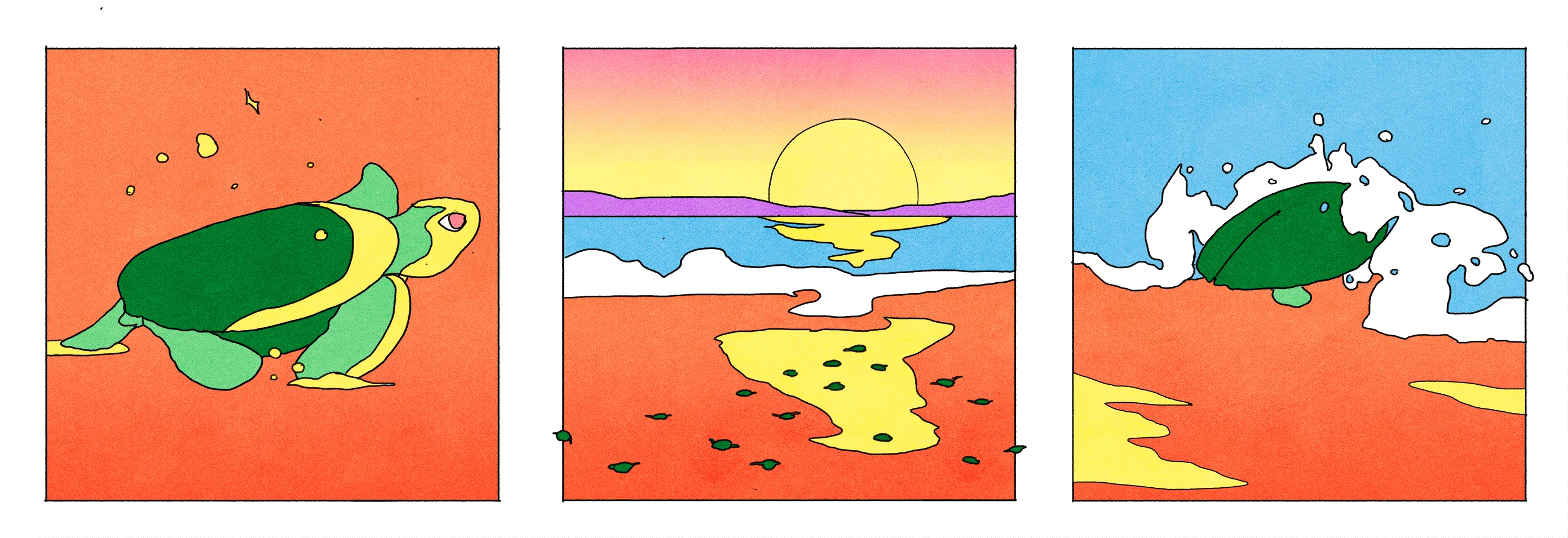
Find out what they want
All agents are looking for something different. Maintaining a viable agency means ensuring that the needs of clients are catered for by the artists on the books and ensuring that the artists are satisfied with the creative work they get to produce. When considering agencies to approach, ask yourself “Do the other artists inspire and intimidate you?” asks Jennifer. “That’s a good thing. Do you respect their work and love their clients? That’s great.”
Conversely, if you see a lot of work on the books that’s reminiscent of your own, there’s a good chance that the agency won’t have space for you.
“It is important to us that none of our artists feel like they are interchangeable,” says Kane. “‘Oh, so and so isn’t available? Here are three more artists just like them’ is not how we built our roster.
“I like to think East represents a group of incredibly talented artists. It often feels like we have a photographer, director, or set designer to meet just about any brief, but no two artists are exactly alike. This means that when a client asks us who the best fit might be for a particular job, while we might present a few names, each artist would bring a completely different perspective and set of skills to the project.”
If it looks like an agency pits its artists against each other for jobs, that’s not an agency you want representing you. Steer clear.
What’s the cut?
Agents don't represent you just for the love of the art, although Lou assures me she will literally give her artists the shirt off her back if push comes to shove. They get you work and they take some of the proceeds. Typically the split is 70/30 in the artist's favour, although that varies agent to agent, and plenty of agents aren't too transparent about what percentage they take. Of course you'll get to see everything in writing before you sign a contract, but if an agent is asking for more than a 30% take of your earnings, then be sure to work out what you'll get from them in return.
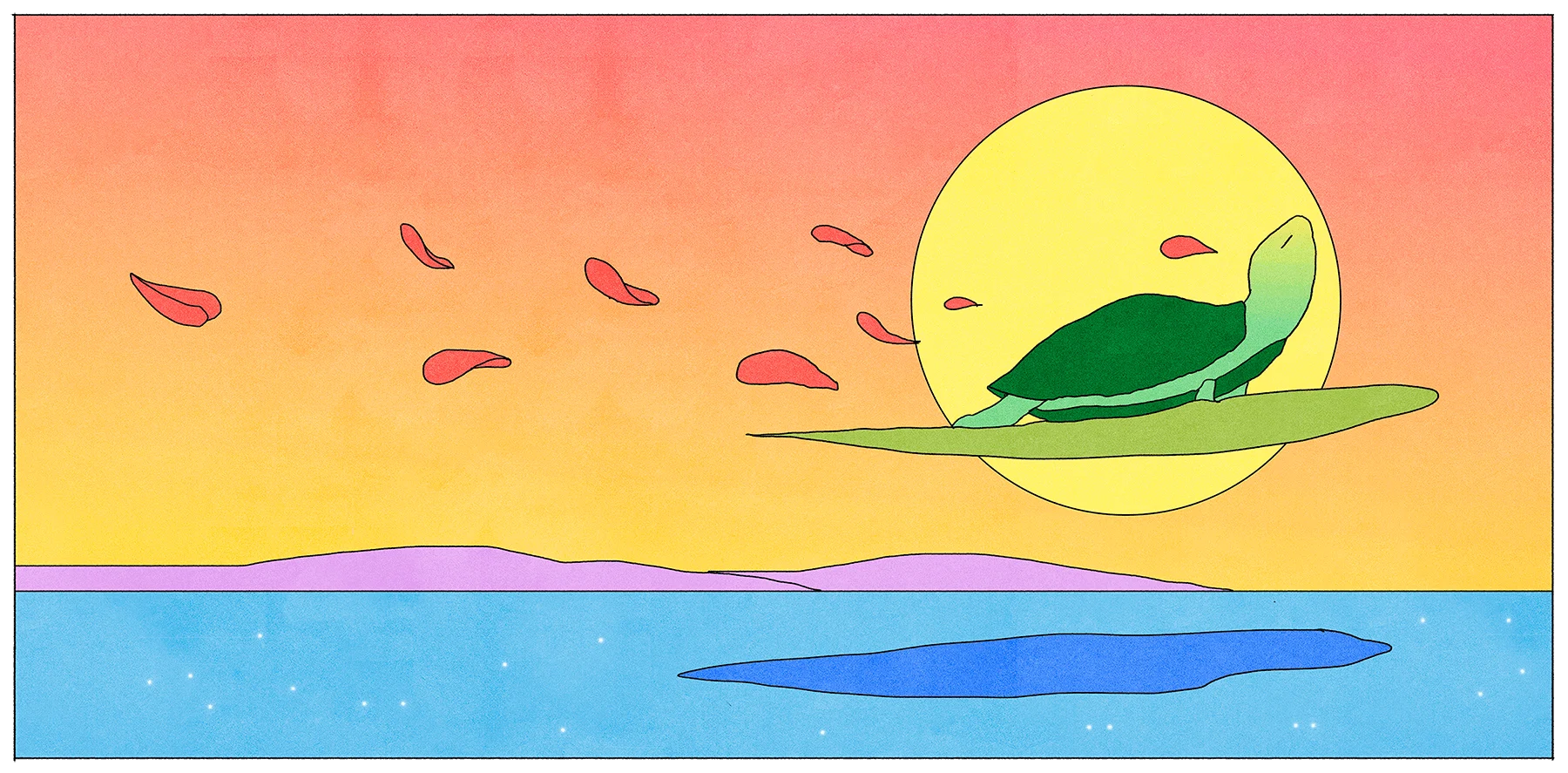
Remember it’s a two-way street
If you get an agent, they’re going to work hard for you, but you’re going to have to work hard for them too.
“We need the finished article. They’re going to be dropped in at the deep end and we need them to perform under pressure. Can you work quickly? Can you take feedback? Are you up to being on a Skype call with six people halfway across the world who are tearing you apart and making you go away and change your work – do you have that mental toughness?”
At the very least “how about just not being an arsehole and having a mental age of more than 12?” says one photography agent I spoke to.
It’s up to you to work out what you want.
Make the work you want to make
Ideally, an agent should be helping you get the kind of work you want to make, and if it’s not exactly the work you want to make, then they should be getting you top dollar for it. “There is a little Venn diagram I always like to share with artists when they are considering taking on a project,” says Kane. “The project needs to: have a great creative concept that you’re excited about (and possibly can add to your portfolio); be with a client or title that you want to work with and building a relationship with; and offer a decent financial return.
“Every job you take on needs to have at least one of these things, and the best projects have all three.”
Perversely, if you want to make a particular type of work then it needs to exist in your portfolio already. So pack your portfolio full of the kind of work you really care about before you go speaking to any agents.
Tldr: You don’t NEED an agent, but they sure could make your life a lot easier.





